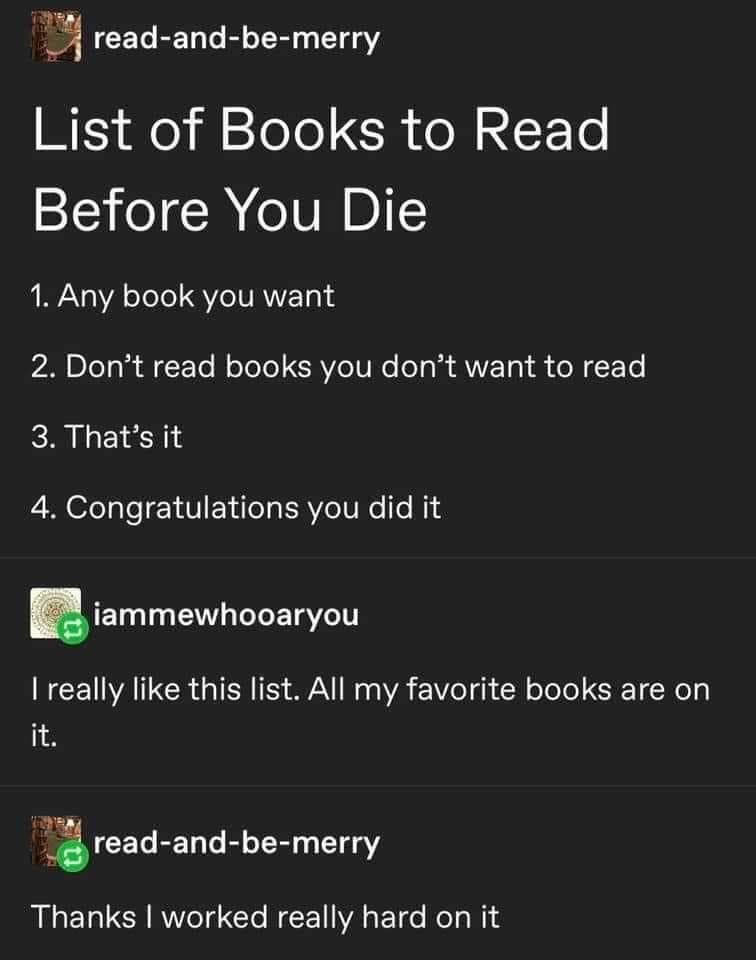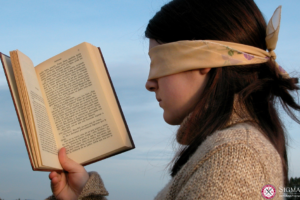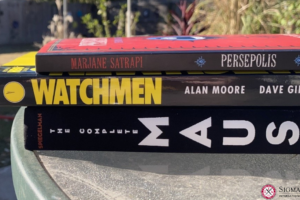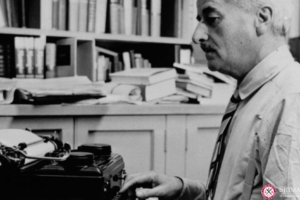In a time when scholars, professionals, and laypeople alike are turning to pleasure reading both to pass the time and raise spirits it is important to shine a light on these undervalued works, both in and outside of academia. In this week’s blog Sigma Tau Delta member Claire Delano talks about her experience with learning to value non-canonical literary works. What guilty pleasure reads are you relying on during these difficult times?
When my Romantic Literature professor told us we had to choose a non-canonical text for our final paper and presentation, I couldn’t help but hold back a groan.
This news didn’t exactly come as a surprise. All semester, we had been discussing the idea of a literary canon—why we have one and what it means that certain authors are included and others aren’t. British Romanticism is very much an area of study that revolves around certain canonical authors: Samuel Coleridge, William Wordsworth, Lord Byron, Mary Shelley, and so forth. Canons are found throughout English studies; in an American Literature class, for example, you’ll almost certainly study Edgar Allen Poe, Walt Whitman, and Mark Twain.
As much as my Romantic Literature class tried to remain self-aware about our use of a literary canon, we obviously still had to study the classic authors. How would an education in Romanticism be complete without them? But for our final project, my professor wanted us to go outside the box. Our assignment was to hunt down the most obscure text we could find, draw connections between it and traditional Romantic works, and discuss what value this kind of text could add to the canon.
I can’t lie—I wasn’t really thrilled about the assignment. It was interesting to question the idea of a canon, sure, but writing about a truly obscure text and author seemed daunting. Finding something interesting would be hard enough, and thinking of things to say even harder. If you’re writing about, say, Frankenstein, there’s plenty of existing scholarship to argue with, build on, and bounce off of. But when you’re writing about a text few scholars, if any, consider worthy of study . . . well, I knew it wasn’t going to be easy.
As I dug into archive.org, I stumbled on a chapbook called The Priory of St. Clair, or, the Spectre of the Murdered Nun. How could that title not catch my eye? The twisty, salacious story was packed full of melodrama and Gothic tropes, and I found that it was actually pretty fun to read. Trying to piece together the life story of its author, Sarah Scudgell Wilkinson, also held its own fun. There are many key details about Wilkinson we don’t know, like whether she ever married the father of her child. But we do know she was a very prolific writer, publishing dozens of novels, novellas, and children’s books.
The Priory of St. Clair isn’t what anyone would consider great literature. Even during its time, short Gothic chapbooks were considered trashy, lowbrow material for women and the lower-class. But as I worked on this project, I realized there’s plenty of value in studying works like it.
If students want a full understanding of a time period’s literary landscape, shouldn’t they explore more than a handful of works written and read by only a certain type of person? After all, many of the writers lost to history are those who belong to marginalized populations. Reading texts outside the canon, even texts that may not be masterpieces, still expands our knowledge. It shows us what was popular among the common people—what they valued, what they feared, what kinds of work spoke to them.
Canonical works are important, for sure—after all, there’s a reason they’re still remembered centuries later. But questioning the canon and reading outside its boundaries is a valuable experience. For every status quo, we should ask ourselves who gets to set it, who gets excluded, and what we lose when we only consider a narrow selection of art “important.” For English students, there is always more learning and growing to be done, and stepping outside the traditional canon is a great place to start.
 Claire Delano
Claire Delano
Alpha Epsilon Phi Chapter
College of Charleston, Charleston, SC
More Pandemic Reading and Writing Resources
Literary Reflections on Social Distancing
Taking Care of Your Writing Through Difficult Times
Sigma Tau Delta Chapter Activities Amidst COVID-19
Shakespearean Virtual Learning Resources








Add Comment